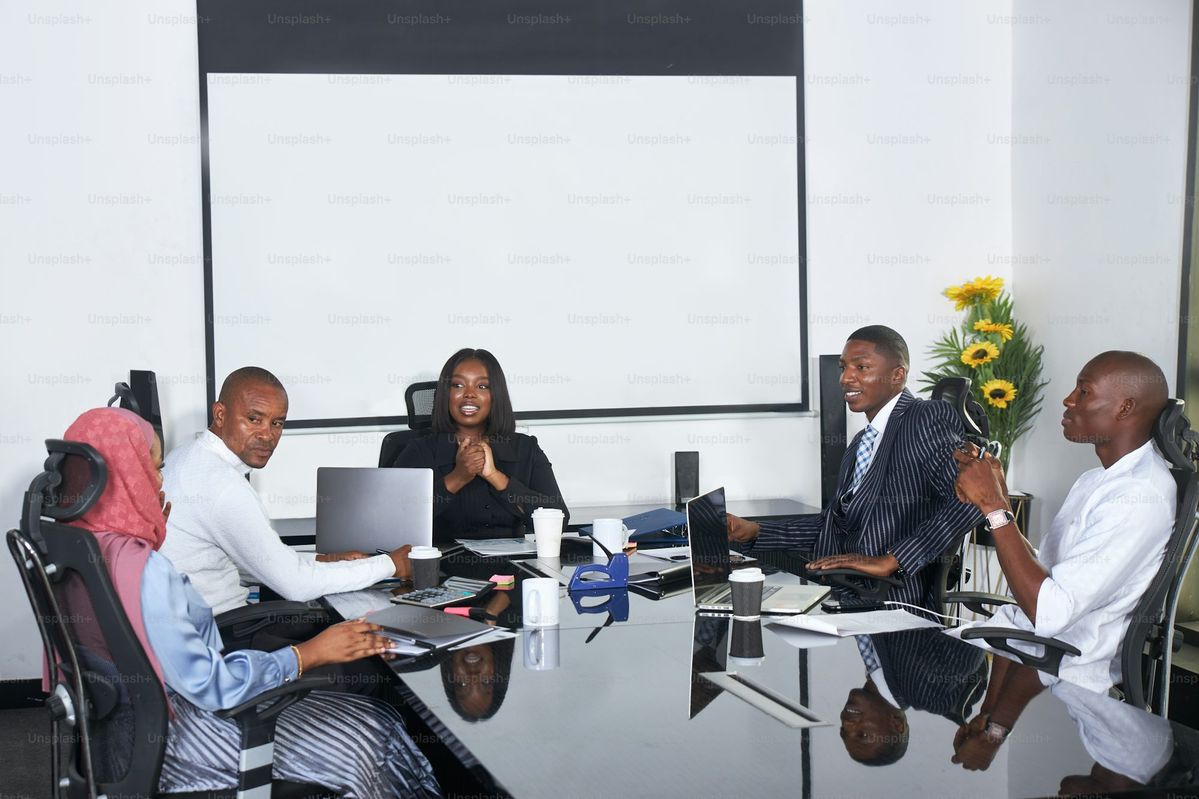“Yes, Mum,” “Yes, Sir,” “You are on point Chairman,” “As the Chairperson has said,” “I concur with the guidance of the Chairman,” etc are common words you hear in most Boardrooms. The desire for harmony or agreement by a group of people, in this case, board members often lead to dysfunctional decision making as some members may lack the backbone to speak up with an objective mind or a voice of reason to what is on the table before them.
We have seen the groupthink risk in politics, where some decisions by the Members of Parliament in their desire for harmony or to be on the same page with the rest of the members, have led to some decisions that may fail to pass the political good decision yardstick that states, “make decisions or laws that give greater good for the greater majority.”
In boardrooms, some members just concur with the general position. They behave like YES men. Boards need members who speak up their mind. Folks who give honest advice. Who exercise their skills, knowledge, experience to point out key issues that others may not. If there is such a thing as a board culture, it should focus on such behaviours where board members speak freely and make their voice heard. One of the red flags of groupthink is intense pressure from the outside to influence a decision. In the corporate lingua, they say, speak to one individually to influence them when they meet. And indeed, before board meetings, you will see caucusing and the link where the executive staff or lobbyists will try to plant the seeds of persuasion to influence an outcome.
My experience:
- The appointing authority on boards must focus on the diversity of skills, experience by having board members with diverse backgrounds, races, regions, professions, and gender mix. It is always lovely to listen to other professionals.
- Provide quality board papers in advance of the meeting so that members independently share and consider the impact of their decisions. Failure to provide the required information to board members could affect their understanding of the risks involved.
- A culture of frank discussions, where the Chairman or Chairperson does not disclose their position or side on the issue until after all board members have given their opinions. Where the Chair asks for facts and insights and market intelligence to inform decisions instead of relying on hearsay and opinions not supported by data
- Encouraging frank discussions in the boardroom where members play the devils advocate to provide the other side of an issue.
Groupthink is not healthy for any organisation. It should not be used as a threat to a lack of loyalty or trust. It risks exposing the board.
Copyright Mustapha B Mugisa, Mr Strategy, 2021. All rights reserved.









